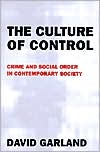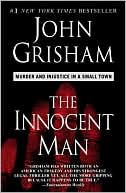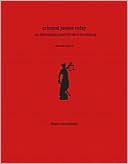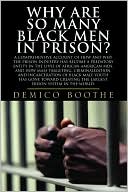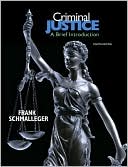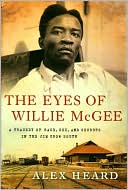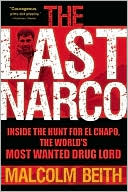Culture of Control: Crime and Social Order in Contemporary Society
The United States and Britain are open societies committed to individual freedoms and civil liberties. So how are we to explain the obsessive concern with penal and social controls that has come to characterize these nations in the last few decades? How did these free societies come to embrace mass imprisonment, private policing, surveillance cameras, and gated communities? The Culture of Control shows how new structures of everyday life have changed our experience of crime and insecurity,...
Search in google:
The past 30 years have seen vast changes in our attitudes toward crime. More and more of us live in gated communities; prison populations have skyrocketed; and issues such as racial profiling, community policing, and "zero-tolerance" policies dominate the headlines. How is it that our response to crime and our sense of criminal justice has come to be so dramatically reconfigured? David Garland charts the changes in crime and criminal justice in America and Britain over the past twenty-five years, showing how they have been shaped by two underlying social forces: the distinctive social organization of late modernity and the neoconservative politics that came to dominate the United States and the United Kingdom in the 1980s.Garland explains how the new policies of crime and punishment, welfare and security—and the changing class, race, and gender relations that underpin them—are linked to the fundamental problems of governing contemporary societies, as states, corporations, and private citizens grapple with a volatile economy and a culture that combines expanded personal freedom with relaxed social controls. It is the risky, unfixed character of modern life that underlies our accelerating concern with control and crime control in particular. It is not just crime that has changed; society has changed as well, and this transformation has reshaped criminological thought, public policy, and the cultural meaning of crime and criminals. David Garland's The Culture of Control offers a brilliant guide to this process and its still-reverberating consequences.
1A History of the Present12Modern Criminal Justice and the Penal-Welfare State273The Crisis of Penal Modernism534Social Change and Social Order in Late Modernity755Policy Predicament: Adaptation, Denial, and Acting Out1036Crime Complex: The Culture of High Crime Societies1397The New Culture of Crime Control1678Crime Control and Social Order193Appendix207Endnotes211Bibliography277Index303
